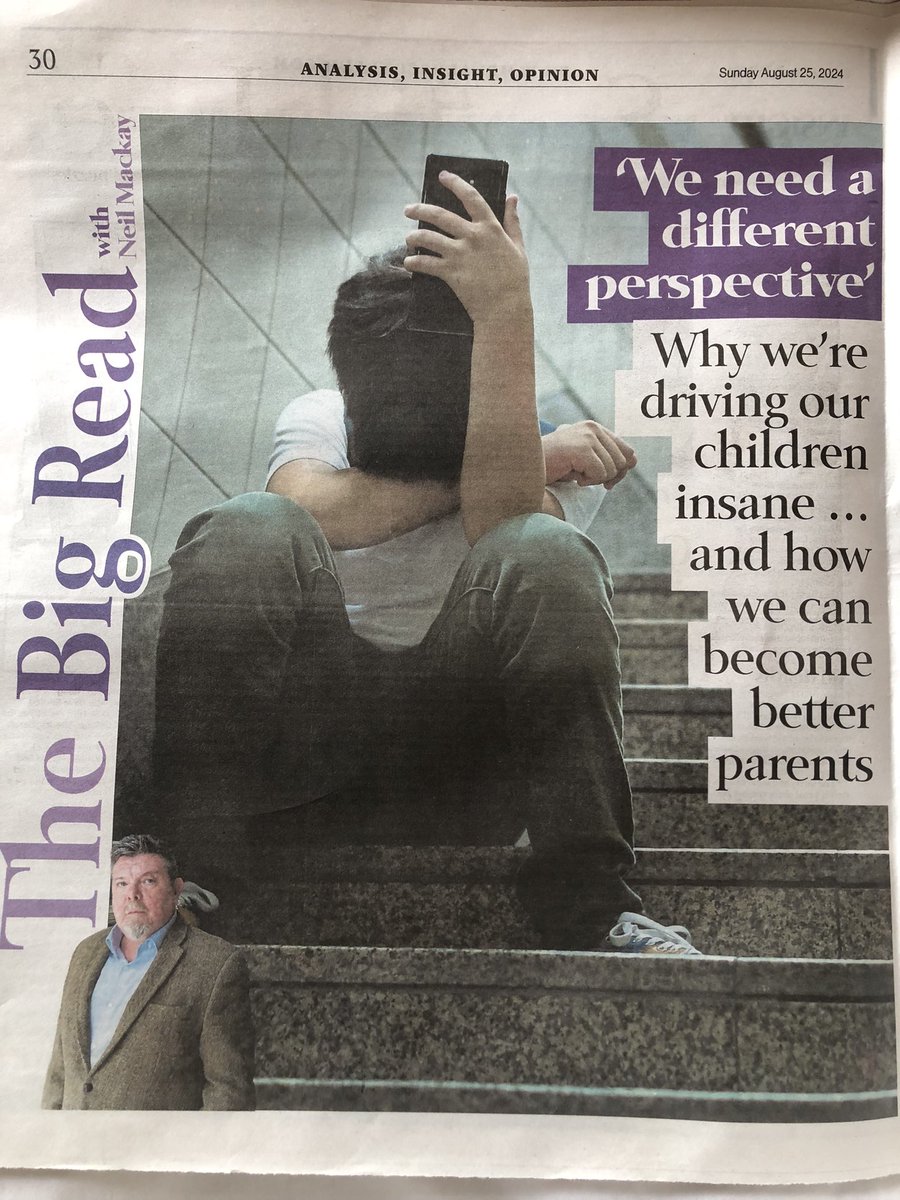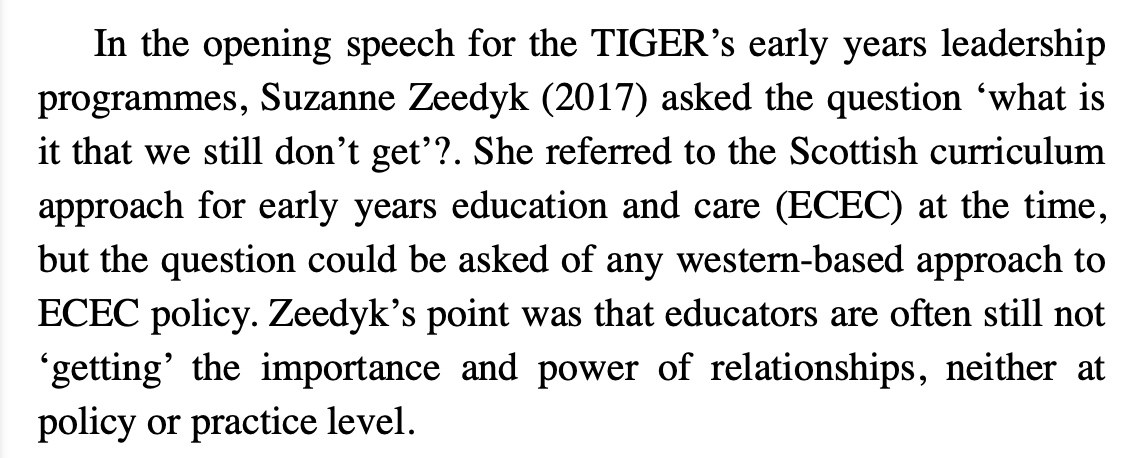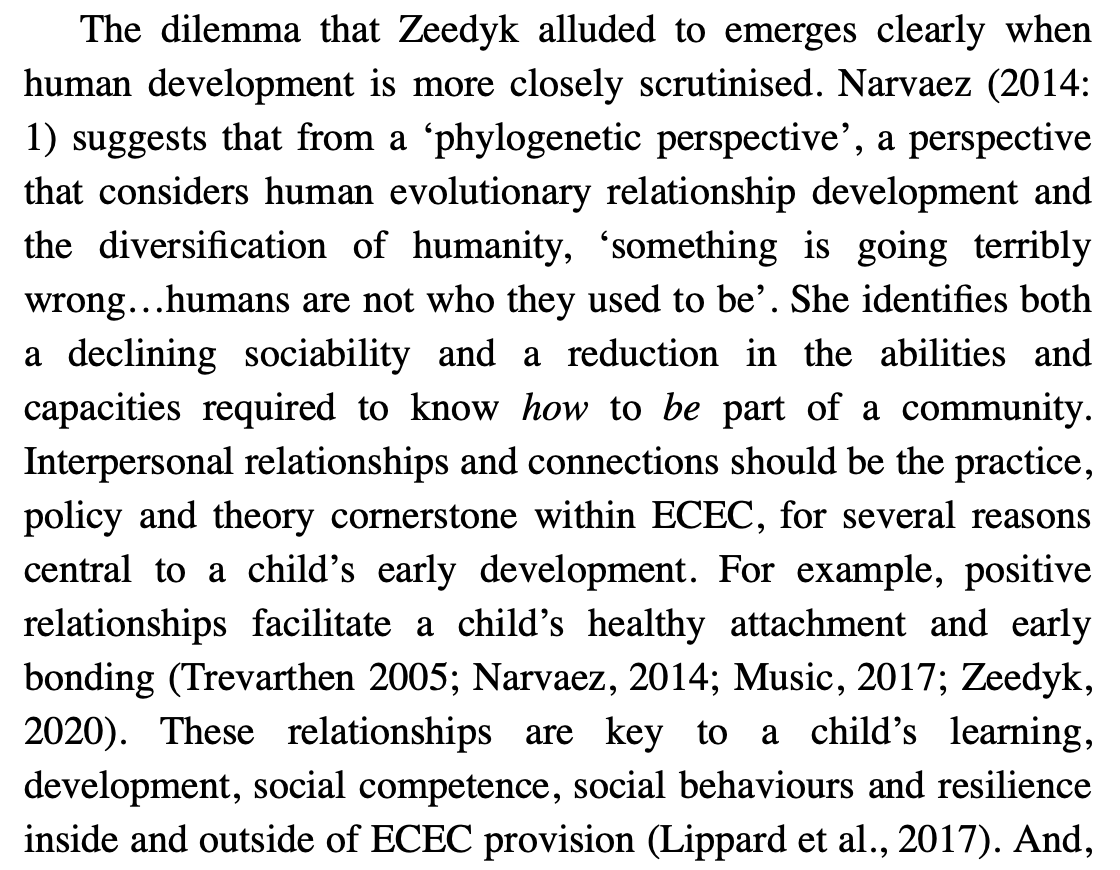THREAD . Two articles side by side in my news feed show the variability of children & young people’s (and thus families’) mental health experiences during lockdown. Curiosity & listening need to be key strategies now for all systems & adults in those systems.
2. One article /survey shows that “children’s anxiety levels improved”. Nope. SOME children’s anxiety levels went down. This isn’t just a feel-good story. It raises fascinating questions about the stress they experience in “ordinary life”. Like school. metro.co.uk/2020/08/24/chi…
3. A separate survey shows a RISE in violence in homes. That will have had a negative impact on those children’s anxieties. So SOME other children have had a very different experience to those in Tweet 2. LISTENING by adults is key. communitycare.co.uk/2020/08/19/sha…
4/end. Our job now, as we leave lockdown, is for adults to help children make sense of what just happened to them in the last 5 months - whatever that was. To do that, we need to be making sense of our experiences too. #MeaningMaking
• • •
Missing some Tweet in this thread? You can try to
force a refresh





















